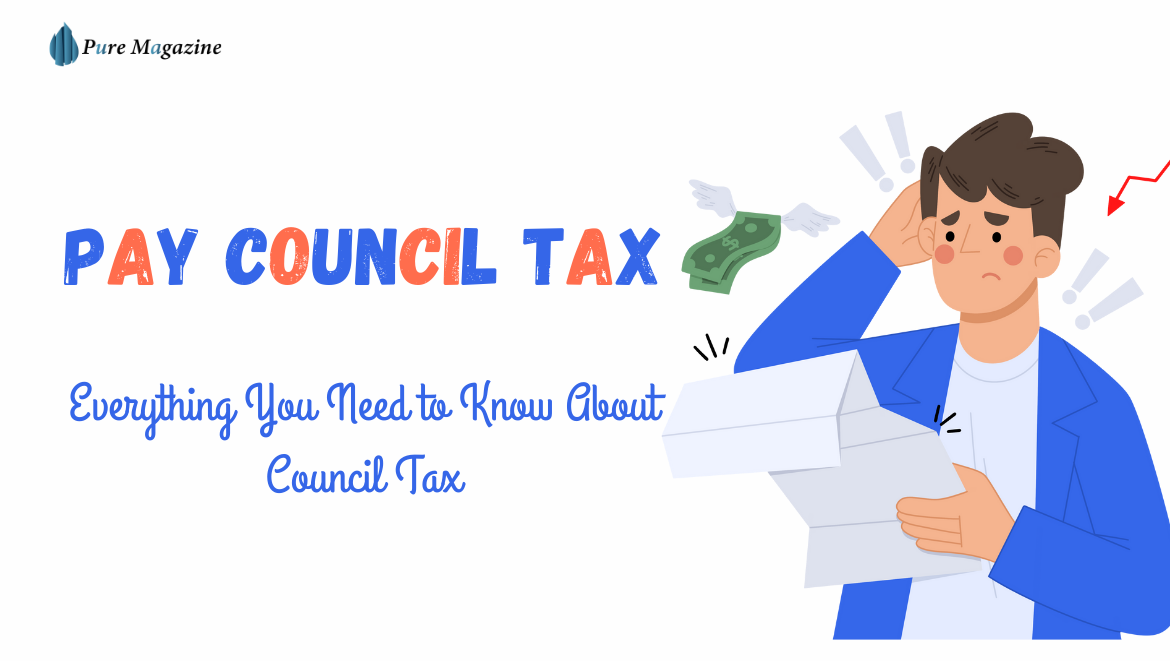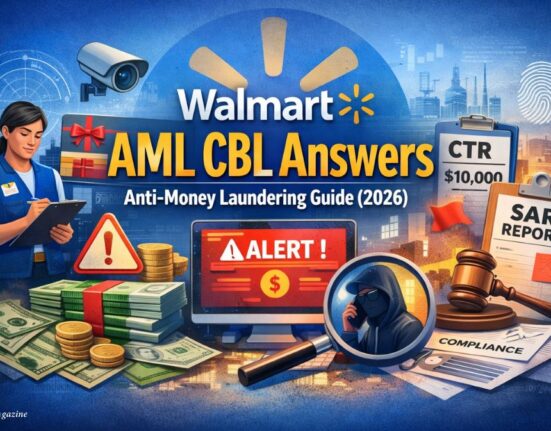If you live in the UK and own or rent a property, chances are you’ve had that familiar envelope from your local council land in your letterbox. Inside? Your council tax bill. For many people, opening it sparks questions like: How much do I need to pay? What’s the easiest way to pay council tax? Are there discounts or exemptions I can claim?
Council tax can feel confusing at first, especially with all the different payment options, deadlines, and exemptions. But it’s one of the biggest household costs after rent or mortgage, so understanding it pays off—literally. This guide breaks down everything you need to know about council tax, from how it’s calculated to the easiest ways to pay and the discounts that could save you money.
Whether you’re a first-time homeowner, a student, or someone just trying to keep their finances organized, this guide will help you navigate council tax with confidence.
What is Council Tax?
Council tax is a local charge collected to fund public services such as:
- Rubbish collection
- Street lighting
- Libraries and parks
- Local schools and emergency services
The amount you pay depends mainly on your property’s council tax band, set by the Valuation Office Agency (VOA). Bands range from A (lowest) to H (highest).
The person responsible for paying is usually the resident over 18 who owns or rents the property. If you share a house, all residents over 18 may share responsibility. Since local councils set their rates independently, similar properties in different areas can have very different bills. For example, you can see Birmingham council tax rates here. Some councils may also add parish fees or special service charges.
How Much Council Tax Do You Pay?
Your council tax depends on a few things:
- Property Band – Based on its value at a fixed date (1991 in England and Scotland, 2003 in Wales).
- Local Council Rates – A Band D home might cost £1,200 in one council and £1,800 in another.
- Extra Charges – Second homes and long-term empty properties can have premiums up to 300%.
- Payment Schedule – Most people pay over 10 months, leaving February and March free, though 12-month plans are also available.
Major home improvements can change your band, but small updates like a new kitchen usually won’t.
How to Pay Council Tax
There are several ways to pay, so you can pick what works best for you.
1. Pay Online
- Quick and convenient
- Accessible 24/7
- Needs your council tax account number and card
- Let’s you see your payment history
2. Direct Debit (Easiest Method)
- Automates payments every month
- Flexible: choose 10-month or 12-month schedules
- Covered by the Direct Debit Guarantee—any errors are refunded
3. Other Methods
- Post Office / PayPoint – pay cash or card
- Phone / App Payments – quick and secure
- Bank Transfers / Standing Orders – gives you control over timing
- Cheques – still accepted but slower
Available Council Tax Discounts & Exemptions
Knowing which discounts you qualify for can save you money.
| Category | Who Qualifies | Discount / Exemption Details |
| Full-Time Students | All residents are full-time students | 100% exemption; needs a student certificate |
| Single Person Discount | Adults living alone | 25% off the council tax bill |
| Pensioners & Low Income | Pensioners or benefits recipients | Local reduction schemes vary by council |
| Disability Reduction | Properties with disabled adaptations | Can move property down one band |
| Renovation / Uninhabitable | Major renovations rendering the property unlivable | Temporary exemption (6–12 months) |
| Empty / Second Homes | Vacant or second homes | Surcharges 50–300% depending on the council |
Special Cases
- Renovating Homes: Major renovations can exempt you temporarily, but minor work won’t.
- Second Homes / Empty Properties: Extra premiums apply.
- Houses in Multiple Occupation (HMO): Liability is usually joint, so everyone shares the bill.
Managing Your Council Tax Account
- Check Your Bill: Look for your band, rates, discounts, and reference number.
- Online Accounts: See your balance, history, update details, and apply for discounts.
- Get Help: Councils, Citizens Advice, and other organizations can help with disputes or financial difficulties.
Months Without Payments
If you choose a 10-month plan, February and March are payment-free. Some councils offer flexible arrangements for those with irregular income or temporary hardships.
Common Issues and Troubleshooting
- Failed Payments: Ensure funds and notify councils about account changes.
- Disputes: Use valuation tribunals for incorrect bands or appeal discount rejections.
- Refunds: Overpayments or adjustments usually take 2–4 weeks.
FAQs
Q1. How do I pay council tax online?
Use your council tax account reference number to pay securely online with a debit or credit card. Most councils also let you set up recurring payments and check your account balance.
Q2. Do students have to pay council tax?
Full-time students are usually exempt. In shared homes, non-students are liable, while students are disregarded. Proof from the university is required.
Q3. Can I get a discount if I live alone?
Yes, the single-person discount reduces your bill by 25%. Certain residents, like full-time students or caregivers, are disregarded in the calculation.
Q4. Do I have to pay council tax while renovating?
Major renovations may qualify for a temporary exemption (usually 6–12 months), but minor updates don’t. Councils may require proof of the work.
Q5. What months do you not pay council tax?
With a 10-month plan, February and March are payment-free. A 12-month plan spreads the cost evenly throughout the year.
Final Thoughts
Managing council tax doesn’t have to be stressful. Direct debit offers the easiest solution, but online, phone, and in-person options are also available. Reviewing eligibility for discounts and exemptions annually can save hundreds of pounds.
Special circumstances—like renovations, HMOs, or multiple properties—require attention to avoid unexpected charges. Residents facing financial difficulties should contact councils early for support.
Taking a proactive approach ensures smooth management of one of the largest household expenses, keeps your finances on track, and avoids unnecessary stress.
Visit: Pure Magazine








